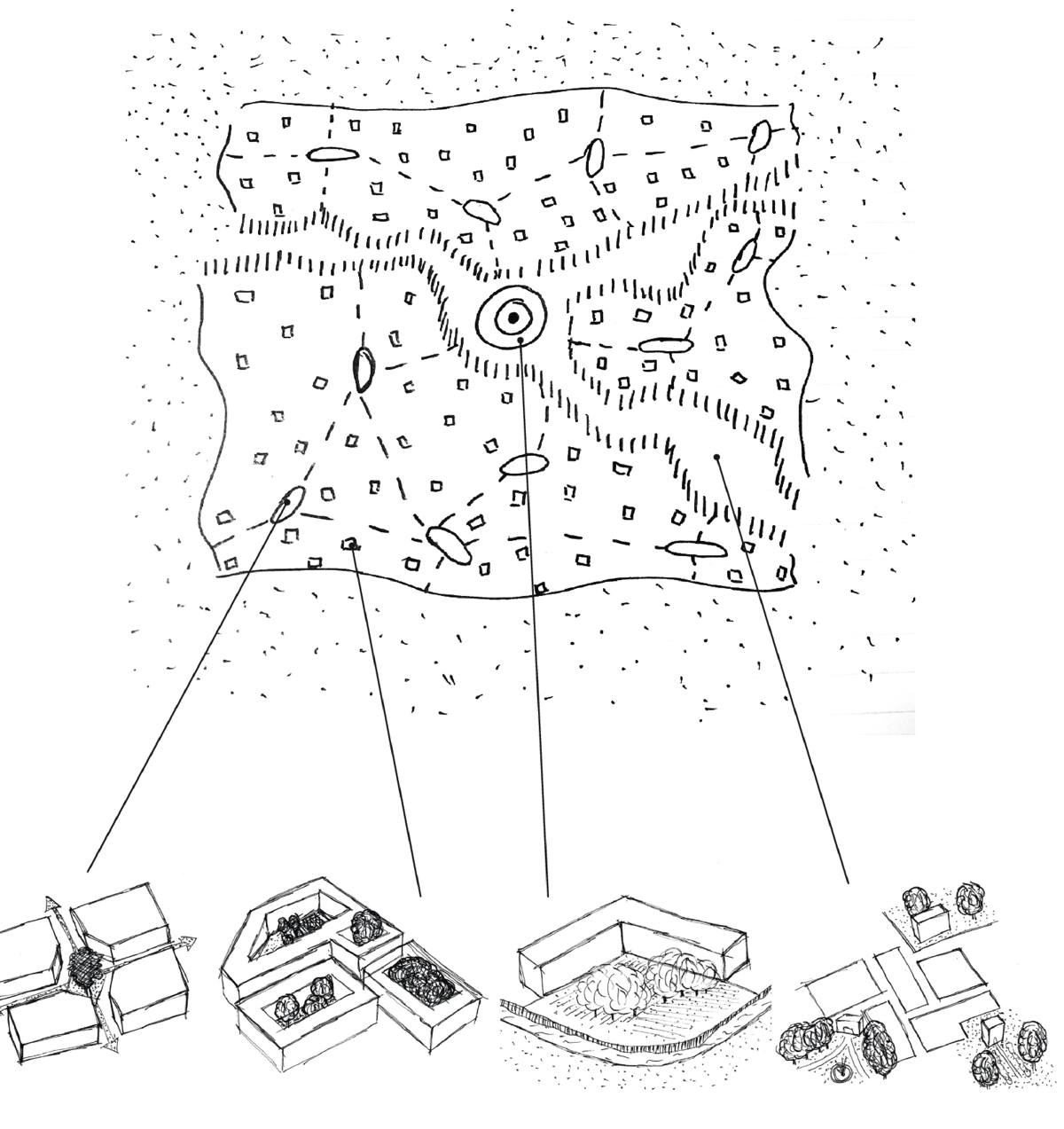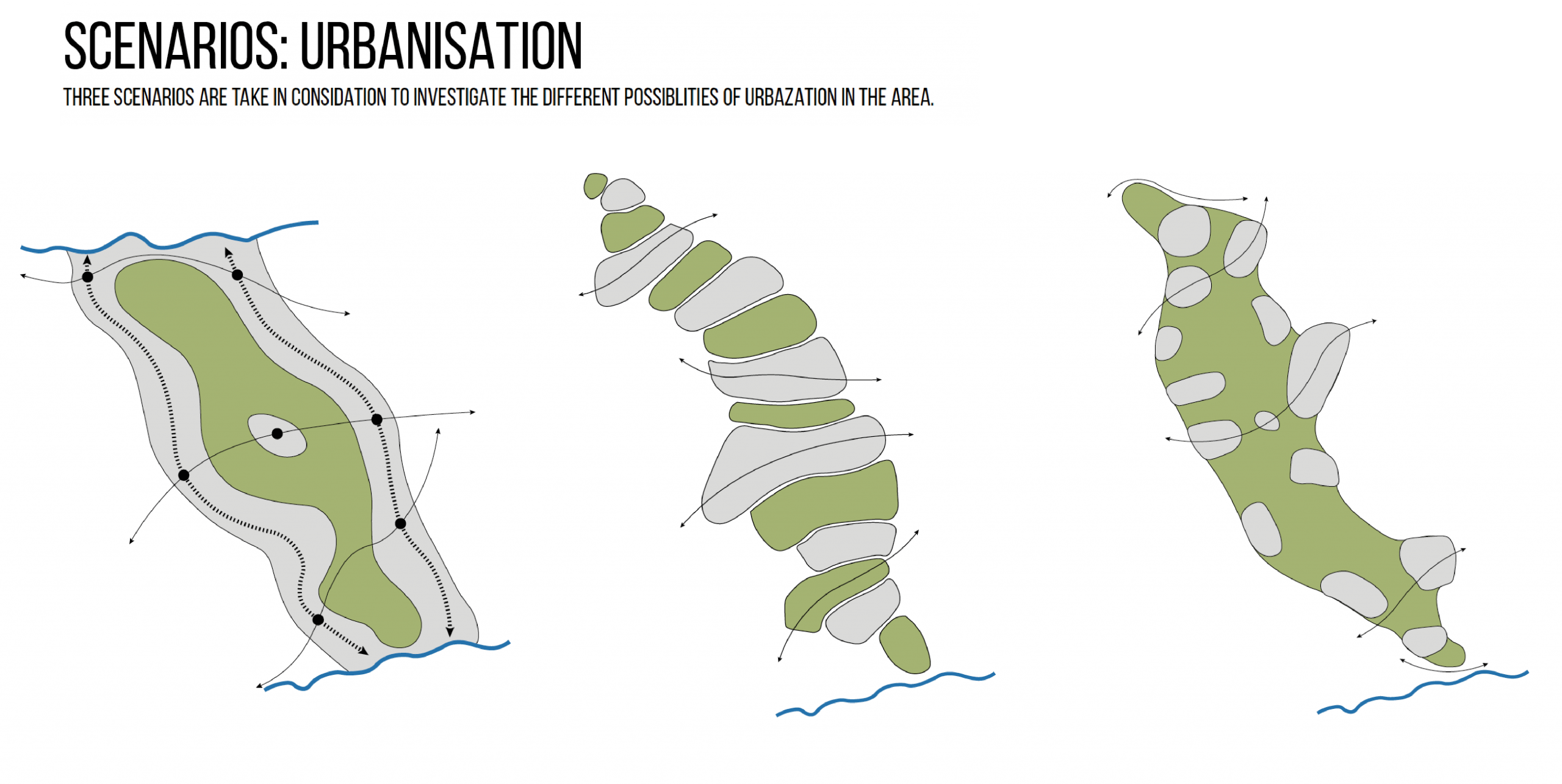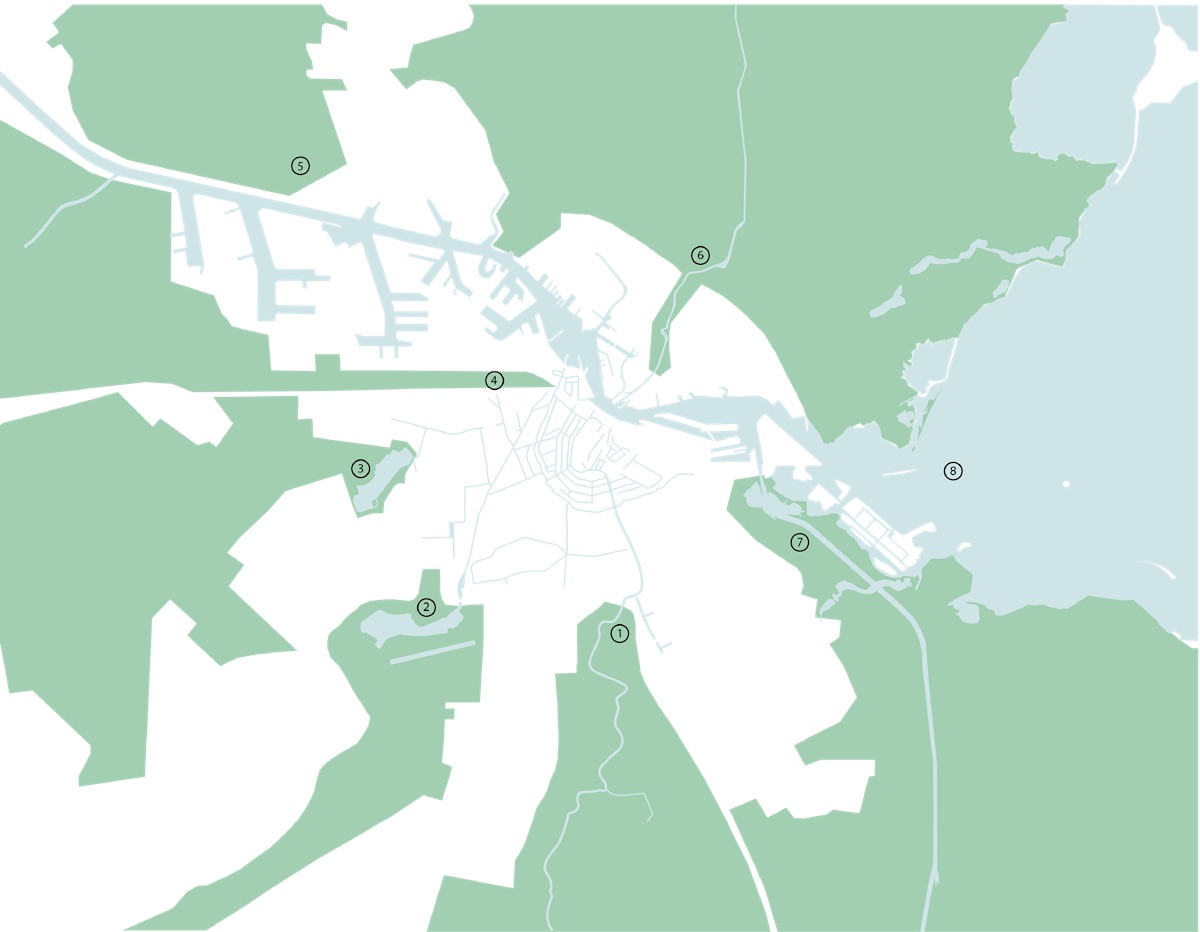Education
The fellow(ship) elaborates urban forestry within education programmes in the master track landscape architecture, the department of urbanism and the faculty as a whole. These initiatives are nested within:
- Graduation lab urban forestry offered in the academic year 2019-20, 2020-21
- Knowledge components in the MSc Landscape Architecture
- Design components in the MSc Landscape Architecture
- Master thesis project mentoring in Landscape Architecture, Urbanism and Architecture
- Individual exercises in the honours programme
- Faculty-wide workshops and masterclasses
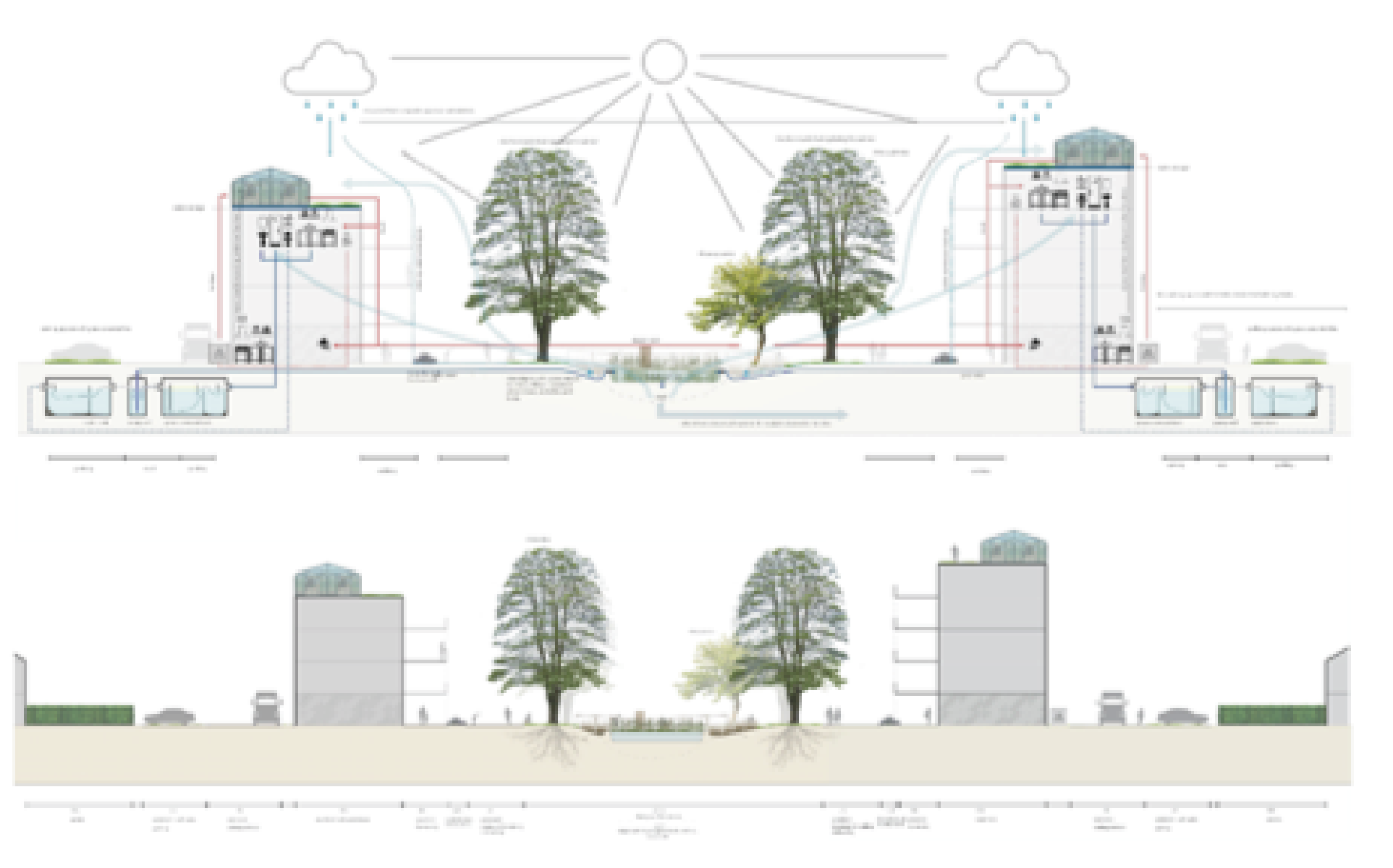
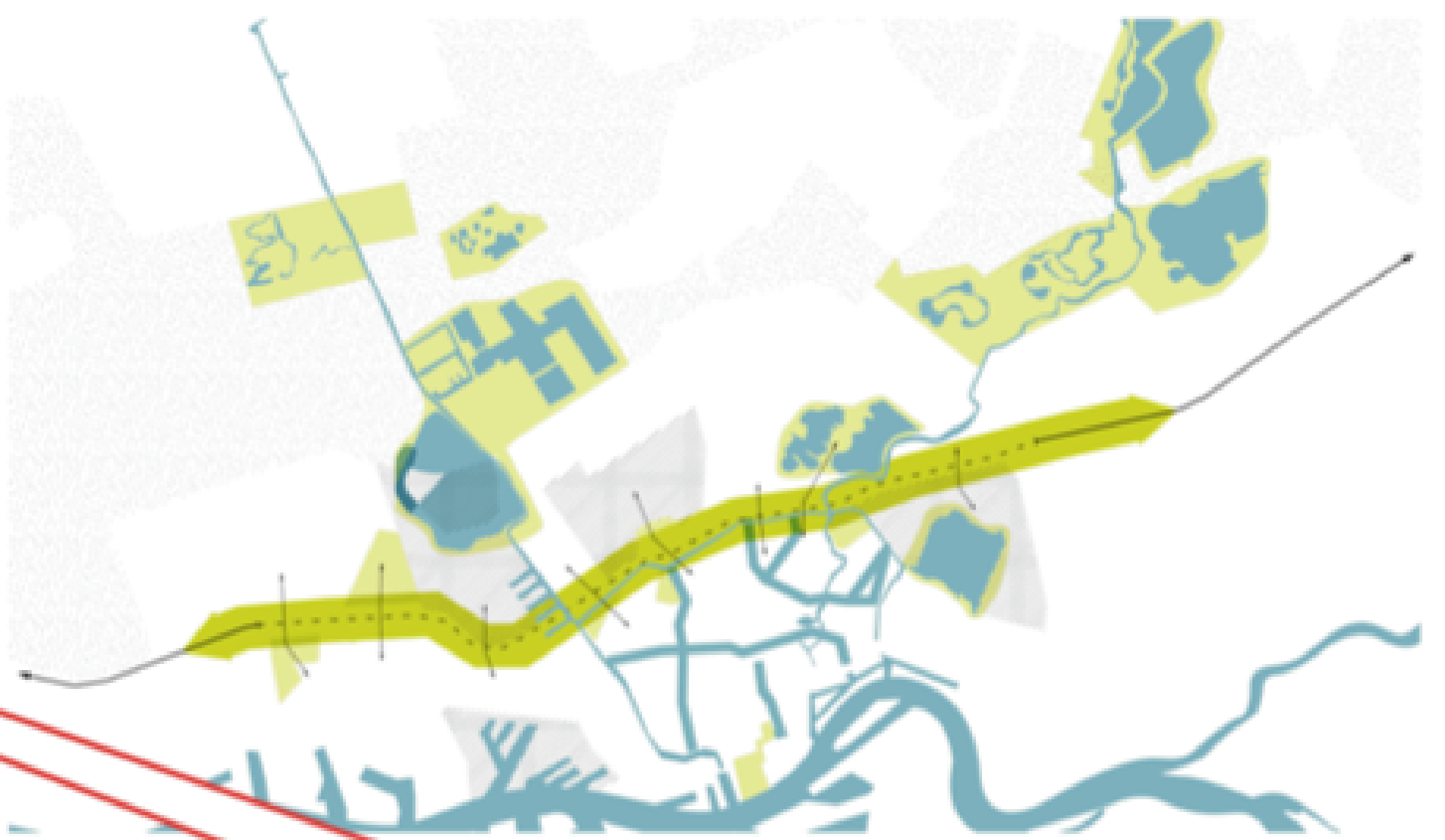
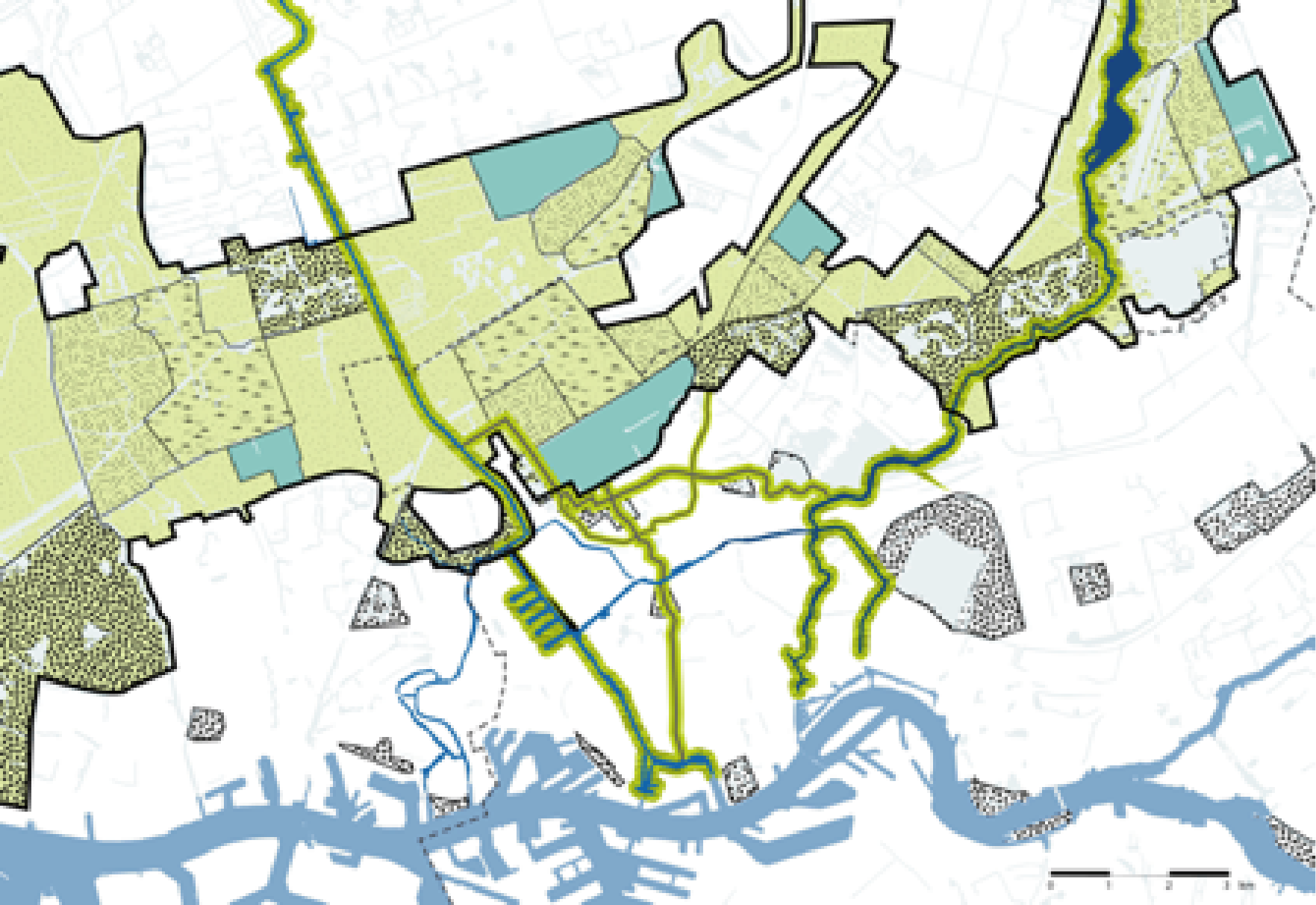
Graduation Lab Urban Forestry
Increasing attention is being given to the benefits of urban woodlands, parks and green infrastructure in cities for (good) environmental reasons, but how these features shape the urban realm spatially and socially and develop the intrinsic identity of site and place, is as critical a question for landscape architects. This lab brings together two topics that are critical in shaping the city in an Anthropocene 2.0: developing urban landscapes that address biophysical challenges of climate change, biodiversity loss and food security, and giving form to urban landscapes as experiential, social places.
The approach in the lab builds on the work being carried out in the urban forestry fellowship in the section landscape architecture. This research attempts to understand cities as urban forests by studying their dendrological syntaxes: the ‘words’, ‘grammar’, ‘sentences’ and ‘stories’ of trees and green spaces in various quarters, at various scales and through various time periods, with the intention to use this language to help shape their human-social and ecological futures. Various forms of experimental analysis will also be used, such as deep mapping and time analysis, as well as explorations of the practices, stories and discourses that backdrop this green language. Sensorial aspects also form part of the experimental analysis. Parallel activities include speculative design interventions and creative process(ing).
In this studio the analysis informs the design question; that is to say you will not start with a programme or brief, but shape the analysis in such a way that the design assignment emerges from it.
Theoretical/methodological themes: Urban Forestry; Socio-Ecology; Place Experience; Site-specific Design; Aesthetics & Synesthetics; Narrative Design; Time.
Student projects
